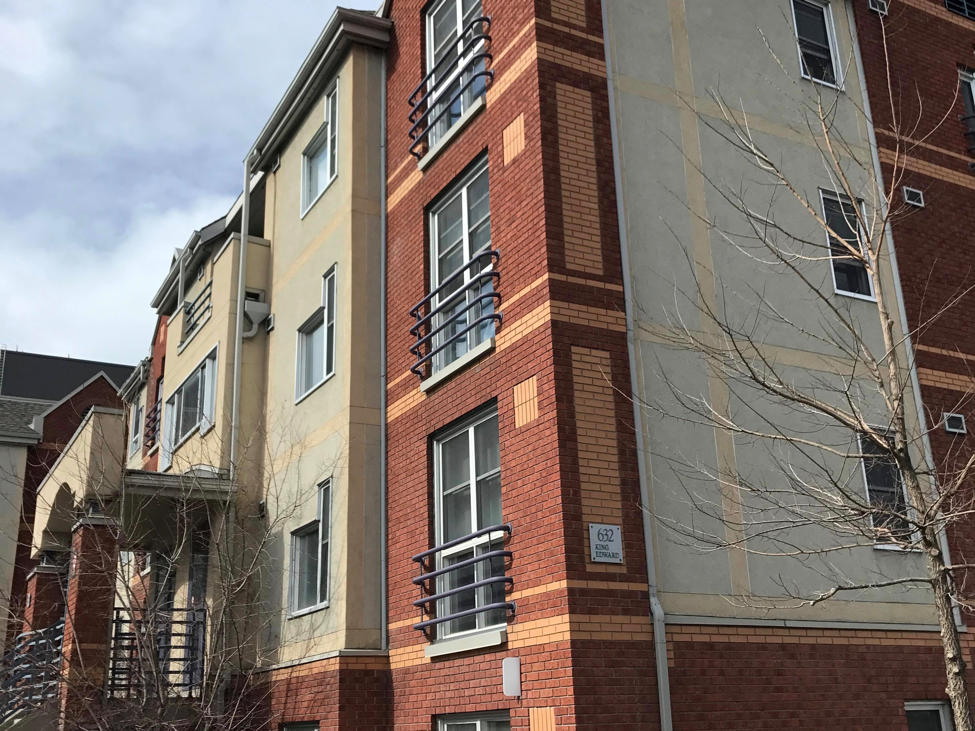Mould forces students out of University of Ottawa residence
By Sophia Barkhouse
Some University of Ottawa students are concerned about their health after being informed about the presence of mould in their residence building.
In an email received on Feb. 14, Brooks residence students were told tests had been conducted and that mould spores were found in their unit.
This is not the first time Brooks, an apartment style residence, has had an issue with mould. Last year, a graduate student came forward with complaints about mould in his apartment.
Hunter Warren, 19, is a University of Ottawa commerce student who was living in Brooks residence with three other roommates this year.
“I definitely wouldn’t have chosen to go to a residence that was previously affected by mould,” Warren said. “But we had no idea that it was even a possibility.”
Affected students from the residence have since been relocated, some moving off campus. With a family home in Ottawa, Warren decided to return home for the remainder of the school year.
“I’m obviously disappointed because especially living in Ottawa you obviously go to residence for the experience and stuff, so having to move back is just kind of a hassle and disappointing.”
Warren said the university gave her and her roommates the option of moving into another residence. However, with difficulties finalizing meal plan arrangements with the university, the roommates went their separate ways.
Since the beginning of the year, Warren noticed she had a lingering cough. She now thinks it could be a side effect of the mould.
“Obviously it’s the winter and I could just have a cough because I have a cold, but I noticed I did have a cough for a longer period of time,” Warren said. “And I don’t know, some of the other symptoms that were listed online, I noticed that I did have.”
According to Health Canada spokesperson Anna Maddison, the health risks associated with the presence of mould can vary from person to person. The effects can worsen for someone suffering from allergies or asthma and for children or seniors.
“Since some people are more sensitive than others, there is no ‘safe’ limit for mould,” Maddison said.
The mould tests were conducted during the school’s Christmas break. The University of Ottawa assured those affected that student safety is a top priority.
“The University immediately and proactively requested that the same tests be done in all units in order to safeguard our students’ health,” said Isabelle Mailloux Pulkinghorn, a spokesperson for the university, in an email. “We have now received the results and only a limited number of units are affected by mould spores.”
Warren said she will be going to the doctor to check her symptoms, and was not satisfied with the university’s response to the situation.
“I felt that they could have done a lot more on their end,” she said. “I understand it’s not an ideal situation for either person. They don’t want to be telling people there’s mould, but I didn’t find that they compensated us for any inconveniences.”
Going forward, Warren said universities should disclose past issues in residences, such as mould.
University of Ottawa Housing Services has attributed the mould to water infiltration.

